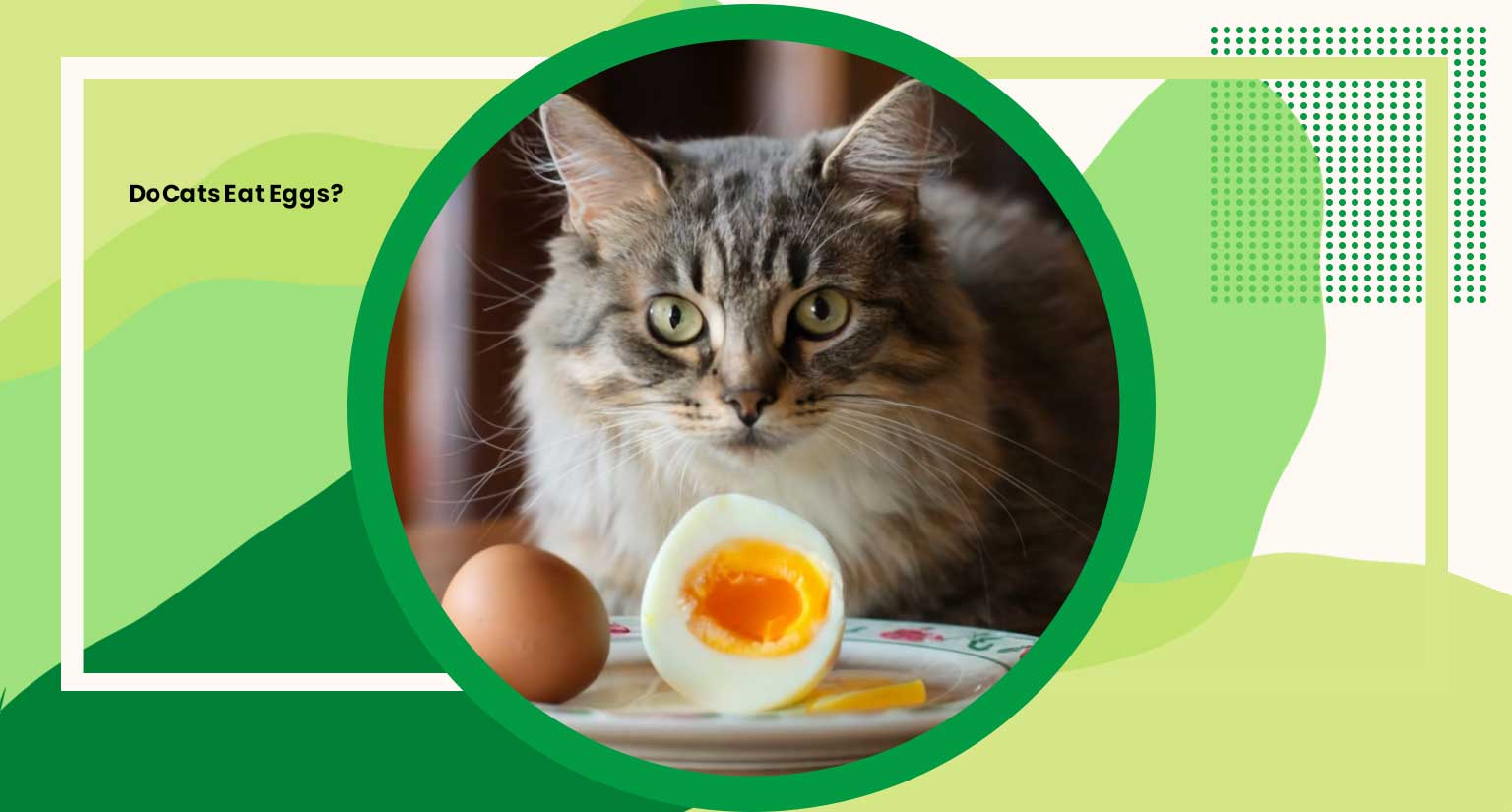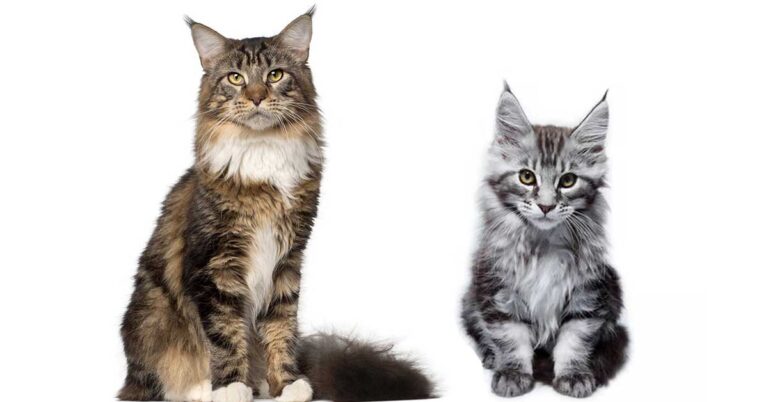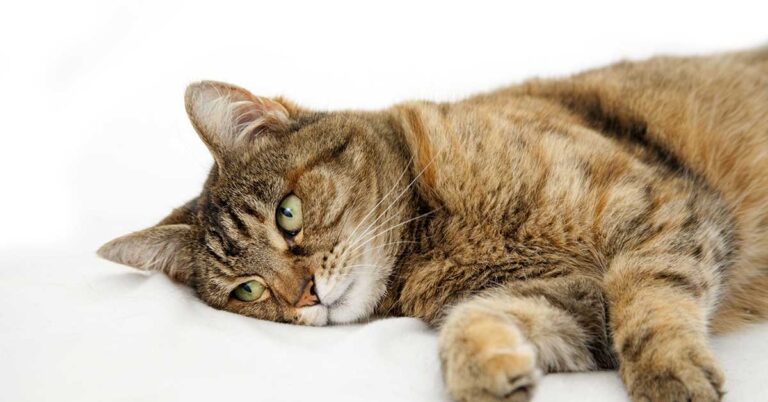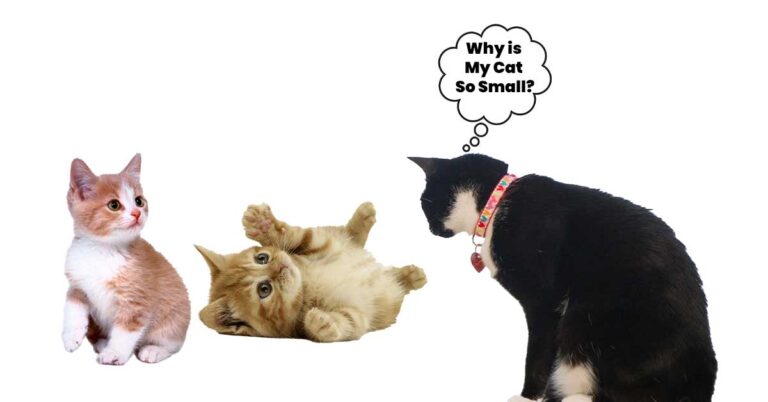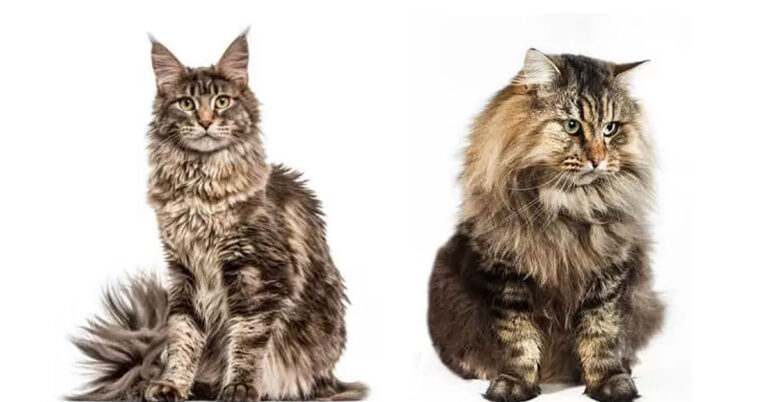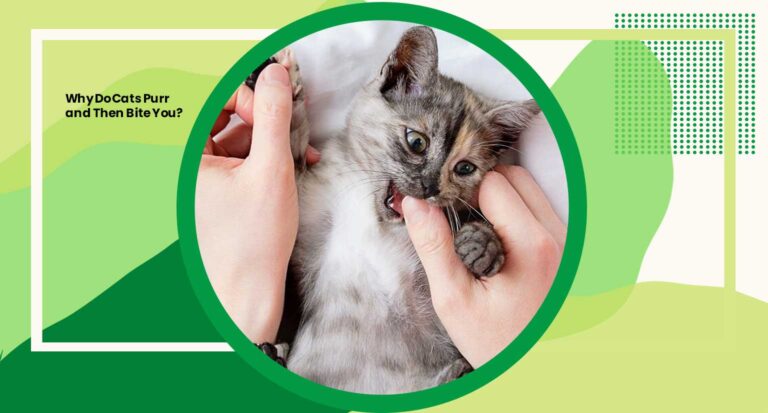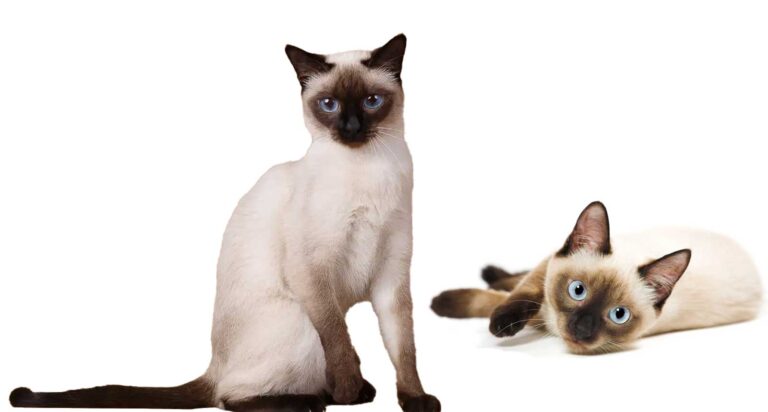Do Cats Eat Eggs? 5 Intriguing Insights Into Feline Dietary Habits
In the realm of pet nutrition, the question, Do cats eat eggs? often arises among curious cat owners seeking to provide the best diet for their feline companions. Understanding cats’ dietary preferences is crucial for their overall health and well being.
While cats are primarily carnivores, the inclusion of eggs in their diet has been a topic of debate. The intricacies of feline nutrition, examining whether eggs are a suitable addition to a cat’s diet. Unravel the mystery surrounding cats and eggs.
Are Eggs Good For Cats?
The Nutritional Benefits of Eggs in a Feline Diet
Many cat owners wonder about the suitability of eggs in their pets’ diets. The answer is yes, eggs can be a nutritious addition to a cat’s menu when served in moderation. Eggs are a rich source of high quality protein, essential amino acids and various vitamins and minerals, all contributing to a cat’s overall health.
Protein Power
Cats are obligate carnivores and eggs provide a protein packed punch that supports muscle development and maintenance. The amino acids found in eggs are vital for various bodily functions, promoting optimal health in felines.
Vitamins and Minerals
Eggs contain essential vitamins such as B12, riboflavin and selenium, all of which contribute to a cat’s vitality. Additionally, the presence of minerals like iron and zinc supports overall well being and immune function.
Fatty Acids
The omega-3 fatty acids in eggs can contribute to a cat’s skin and coat health. A glossy, well nourished coat is often a sign of a healthy and happy feline companion.
While eggs can be beneficial, it’s crucial to prepare them properly and introduce them gradually into a cat’s diet. Understanding the nutritional advantages of eggs can guide cat owners in making informed decisions about their pets’ dietary choices.
How Much Egg Can A Cat Eat?
While eggs can offer several nutritional benefits to cats, it’s essential to consider portion control and moderation when incorporating them into a feline diet. Cats have specific dietary needs and eggs should complement their primary food rather than replace it entirely.
Portion Size
A cat’s portion of egg should be small and occasional. A teaspoon to a tablespoon of cooked egg can suffice as a treat or supplement to their regular meals. Avoid overfeeding eggs to prevent potential digestive upset or nutritional imbalances.
Frequency
Introduce eggs gradually into your cat’s diet and observe their response. Feeding eggs once or twice a week can be a suitable frequency, providing variety without overwhelming their digestive system.
Monitoring
Pay attention to your cat’s overall health and behavior when introducing new foods like eggs. Monitor for any signs of digestive discomfort, allergies or adverse reactions. If your cat shows any negative symptoms, discontinue egg consumption and consult with your veterinarian.
Balance
Remember that eggs should complement a balanced diet tailored to your cat’s specific nutritional requirements. Consult with your veterinarian to ensure that eggs fit well within your cat’s overall dietary plan and health goals.
By practicing portion control, monitoring your cat’s response and prioritizing balance in their diet, you can safely incorporate eggs into their culinary repertoire as an occasional and enjoyable treat.
Pros And Cons Of Eggs For Cats
When considering adding eggs to your cat’s diet, it’s essential to weigh the potential advantages and drawbacks. Understanding the pros and cons can help you make informed decisions about your cat’s nutrition and well being.
Pros
Nutritional Value
Eggs are a rich source of high quality protein, essential amino acids, vitamins and minerals that contribute to a cat’s overall health and vitality.
Healthy Fats
The omega-3 fatty acids found in eggs support skin and coat health, promoting a glossy and well nourished appearance in felines.
Palatability
Many cats enjoy the taste and texture of eggs, making them a desirable treat or supplement to their regular diet.
Versatility
Eggs can be served in various forms, including boiled, scrambled or poached, providing options for cat owners to incorporate them into meals or snacks.
Cons
Potential Allergies
Some cats may be allergic to eggs, experiencing adverse reactions such as digestive upset, skin irritation or respiratory issues. It’s crucial to monitor your cat’s response when introducing eggs into their diet.
High Cholesterol Content
While eggs offer nutritional benefits, they also contain cholesterol. Excessive consumption of high cholesterol foods may contribute to cardiovascular health issues in some cats, especially those predisposed to such conditions.
Risk of Salmonella
Raw or undercooked eggs pose a risk of Salmonella contamination, which can lead to foodborne illness in cats and humans alike. It’s essential to thoroughly cook eggs before feeding them to your cat to reduce this risk.
Dietary Imbalance
Over reliance on eggs as a primary source of nutrition can result in dietary imbalances, potentially lacking essential nutrients found in other cat friendly foods. Eggs should complement a balanced diet rather than serve as the sole nutritional source.
By considering both the benefits and considerations of feeding eggs to your cat, you can make informed decisions that prioritize your pet’s health and well being. Consulting with your veterinarian can provide valuable guidance tailored to your cat’s specific nutritional needs and dietary preferences.
Do Cats Eat Eggs? Boiled Eggs Preference Explored
Cats Preferences and Reactions to Boiled Eggs
Cats, known for their discerning palates and individual preferences, may exhibit varying reactions to boiled eggs. While some cats may eagerly devour this protein packed treat, others may show little interest or even disdain. Understanding your cat’s unique tastes and reactions can help you determine whether boiled eggs are a suitable addition to their diet.
Factors Influencing Cats Response to Boiled Eggs
Taste Sensitivity
Cats have specialized taste receptors that influence their food preferences. The taste and texture of boiled eggs may appeal to some cats, while others may find them unappealing or unfamiliar.
Previous Experiences
Cats’ food preferences can be influenced by their past experiences and exposure to different flavors and textures. A cat’s response to boiled eggs may depend on their previous encounters with similar foods.
Individual Preferences
Like humans, cats have individual preferences when it comes to food. Some cats may enjoy the taste and smell of boiled eggs, while others may prefer different types of treats or snacks.
Texture and Temperature
The texture and temperature of boiled eggs may affect cats’ willingness to consume them. Cats may prefer softer textures or foods served at room temperature, while others may be more receptive to crunchy or chilled snacks.
Observing Your Cat’s Response
When introducing boiled eggs to your cat’s diet, it’s essential to observe their response and monitor for any signs of enjoyment or discomfort. Offer a small portion of boiled egg as a treat or snack and observe your cat’s behavior and reactions.
Interest
Watch for signs of interest, such as sniffing, licking or eagerly consuming the boiled egg. These behaviors may indicate that your cat enjoys the taste and texture of this protein rich treat.
Disinterest
If your cat shows little interest in the boiled egg or ignores it altogether, they may not find it appealing or may prefer other types of treats or snacks. Respect your cat’s preferences and avoid forcing them to consume foods they dislike.
Signs of Discomfort
Monitor your cat for any signs of digestive upset or adverse reactions after consuming boiled eggs. Symptoms such as vomiting, diarrhea or lethargy may indicate that boiled eggs are not well tolerated by your cat.
Ultimately, whether cats like boiled eggs depends on their individual preferences and reactions. While some cats may enjoy this protein rich snack, others may prefer different treats or snacks altogether. By observing your cat’s response and respecting their dietary preferences, you can ensure that they receive nutritious and enjoyable foods tailored to their tastes.
Conclusion
In conclusion, the question, Do cats eat eggs? reveals the complexities of feline nutrition and dietary choices. While eggs can offer nutritional benefits such as protein, vitamins and minerals, cats’ individual preferences and tolerances vary. Cat owners should consider factors like taste, texture and potential allergies when introducing eggs into their pets’ diets.
By observing their cats’ responses and consulting with veterinarians, owners can make informed decisions to ensure their feline companions receive balanced and nutritious meals. Ultimately, whether cats eat eggs depends on their unique preferences and nutritional needs, making it important for owners to prioritize their cats’ health and well being.

